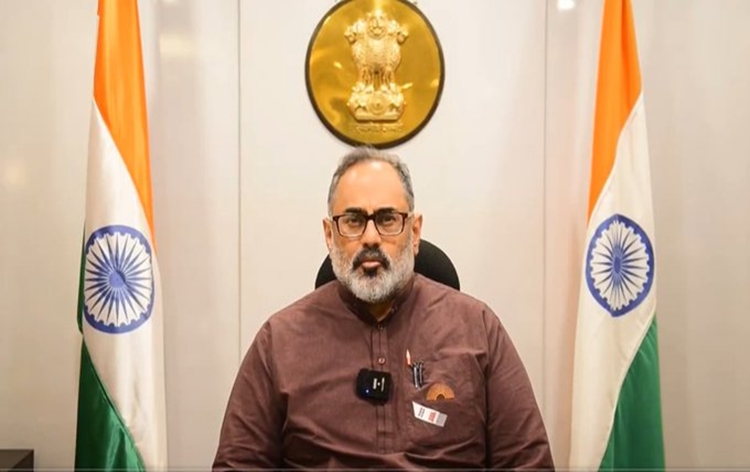In response to the escalating concerns surrounding the proliferation of misinformation, particularly through AI-driven deepfakes, the Indian government has issued a comprehensive advisory urging all social media platforms to adhere to the Information Technology (IT) rules. This directive follows discussions led by Union Minister of State for Electronics and IT, Rajeev Chandrasekhar, during Digital India dialogues with intermediaries, culminating in a timely response within one month.
MeitY has underscored the importance of intermediaries clearly communicating prohibited content, specifically those outlined in Rule 3(1)(b) of the IT Rules. The advisory emphasizes that digital platforms must convey such information to users through terms of service, user agreements, and at crucial points like first registration, login instances, and content uploads.
Rule 3(1)(b) mandates intermediaries to communicate their rules, regulations, privacy policies, and user agreements in the user’s preferred language. Platforms are obligated to exert reasonable efforts to prevent users from sharing any information related to the 11 listed user harms or prohibited content. This proactive measure aims to identify and promptly remove misinformation, false or misleading content, and materials impersonating others, including deepfakes.
During pivotal stakeholder meetings, Chandrasekhar emphasized the urgency for strict adherence to existing laws and regulations, stating that the IT rules comprehensively address the menace of deepfakes. He highlighted the severe threat misinformation poses to the safety and trust of internet users, with deepfakes further amplifying these concerns due to their AI-driven nature.
PM Modi, on the 17th of the previous month, alerted the nation to the dangers posed by deepfakes. Subsequently, the Ministry conducted two Digital India Dialogues with all stakeholders of the Indian internet to raise awareness about the provisions of the IT Rules, initially notified in October 2022 and amended in April 2023. These rules delineate 11 specific types of prohibited content applicable to all social media intermediaries and platforms.
In light of these developments, the government’s advisory serves as a crucial step in fortifying the digital landscape against the threats posed by deepfakes, underlining the collective responsibility of platforms to ensure a safe and trustworthy online environment for Indian citizens.
– Ranu Jain














